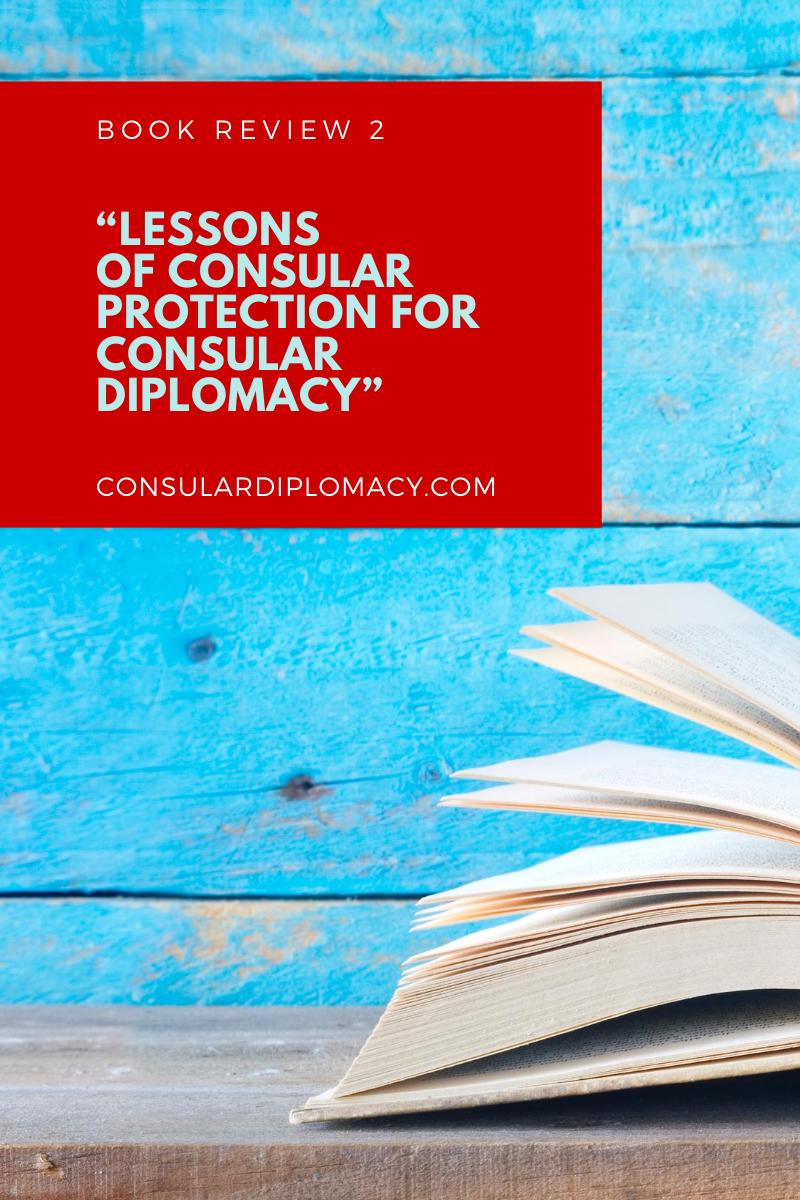 In this chapter of the book La Diplomacia Consular Mexicana en tiempos de Trump (Mexican Consular Diplomacy in Trump´s Era), Ambassador Daniel Hernández Joseph makes an excellent overview of Mexico’s diplomacy confronting the ever-changing immigration issue in the United States. He identifies elements, as he calls them, that worked well in the past, and some that they did not, that could be used in responding to the challenge that Trump´s administration presents. Hernández Joseph does a brilliant job of synthesizing the most critical periods in the history of Mexico-U.S. migration, which includes Mexico´s most relevant actions. He divides the phases as follow:
By focusing on Mexico’s consular protection of its nationals in the U.S., Ambassador Hernández Joseph highlights the attributes of the rising Consular Diplomacy: its relevance to the country´s overall foreign policy goals and its increase visibility. Therefore, this chapter is valuable as it presents the evolution of the concept of Mexico´s Consular Diplomacy. He explains some of Mexico´s challenges regarding immigration policies and attitudes in the United States, such as the 1930s massive deportation of Mexicans, and the period of bilateral agreements like the Bracero program, that ran from 1942 until 1964. The Ambassador acknowledges the value of the two-way dialogue and the importance of agreements, even if there is no full compliance. Hernández Joseph also recognizes the government of Mexico´s efforts to promote the empowerment of the Mexican community north of the border, indicating that it is one of the critical elements of its Consular Diplomacy. Ambassador Hernández Joseph also acknowledges that an area where Mexico has not succeeded is in improving its image in the United States; notably, it has failed in attaining the recognition by the U.S. society of the contributions made by the Mexican community to the country´s wellbeing.[ii] From Mexico´s previous experiences, the Ambassador identifies four elements that helped the country defend its interests in the United States:
I agree that these four lessons are essential tools that could be displayed to confront the current anti-immigrant movement in the United States, as part of Mexico´s Consular Diplomacy. To conclude, Ambassador Hernández Joseph states that in “…today´s environment, the biggest challenge is to make that the bilateral dialogue effectively results in benefits and protection of the interests of the migrants.”[iv] As we can see, Mexico´s practice of Consular Diplomacy is broader and deeper than the recognized definition of the term described by Maaike Okano-Heijmans.[v] In this case, as a country that has a large population living overseas, migration bilateral negotiations and issues are the core of its Consular Diplomacy efforts. And it is essential to remember that the agreements and actions have to be brought to the operational level by each consulate. It is remarkable to realize that some of these activities that are now considered Consular Diplomacy were already being implemented by the consulates of Mexico in the United States a century ago. So we need a reevaluation of these activities in light of this new academic framework. An exciting twist about Consular Diplomacy that needs to be further explored is that while the center of the actions is to assist and protect its own citizens abroad, most of the consular activities are undertaken via partnerships with local organizations, authorities, and citizens of the host country. So here we have a case of Public Diplomacy with the foreign policy objective of helping its nationals overseas, with the support of local actors. I recommend this chapter because it presents a summary of Mexico´s consular protection activities in the United States and identifies lessons for today´s Consular Diplomacy challenges. [i] Hernández Joseph, Daniel, “Lecciones de la protección consular para la diplomacia consular” in La Diplomacia Consular Mexicana en tiempos de Trump, 2018 p. 92-95. [ii] Hernández Joseph, Daniel, “Lecciones”, 2018 p. 103. [iii] Hernández Joseph, Daniel, Ibid. p. 103-105. [iv] Hernández Joseph, Daniel, Ibid. p. 105. [v] See previous post on Consular Diplomacy LINK and Okano-Heijmans, Maaike, “Change in Consular Assistance and the Emergence of Consular Diplomacy”, Netherlands Institute of International Relations ´Clingendael´, February 2010, p.1. DISCLAIMER: All views expressed on this blog are that of the author and do not represent the opinions of any other authority, agency, organization, employer, or company.
0 Comments
Your comment will be posted after it is approved.
Leave a Reply. |
Rodrigo Márquez LartigueDiplomat interested in the development of Consular and Public Diplomacies. Archives
May 2024
Categories
All
|
